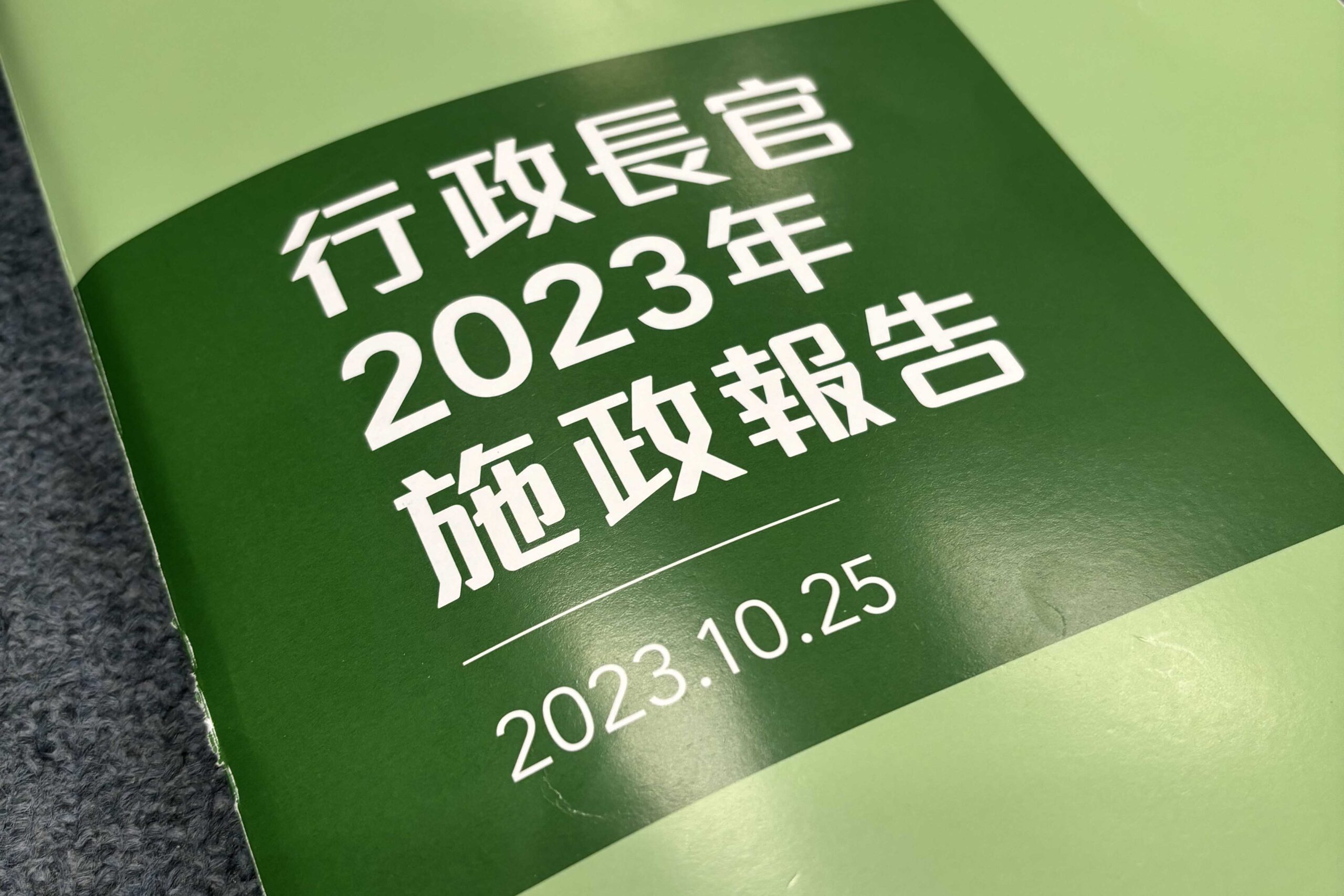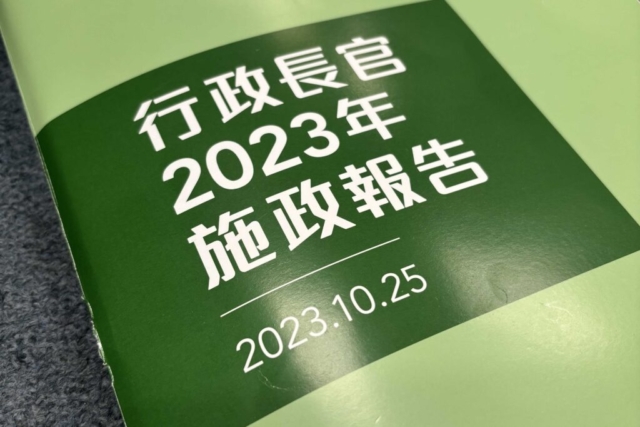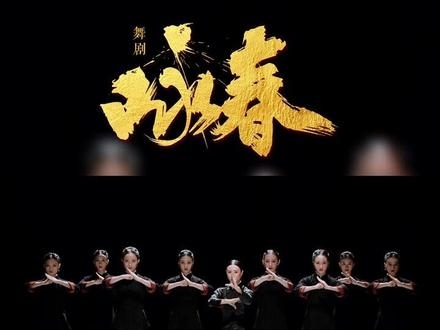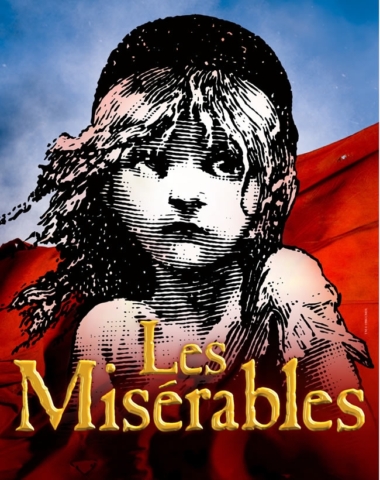Our Chief Executive did the right thing this time. It also shows that it was the sensible thing for Hong Kong to set up a Culture Bureau in 2022.
We all hate changes, yet it is only thing that will bring progress. A society will not change just because there are empty dreams, slogans, seminars or activities. Cultural changes in Hong Kong can be possible only when the people here start to learn a different mindset and attitude in their soul. It all starts with the government mandating organisational initiatives and strategic plans together with impactful projects which can cause people to culturally transform. Inertia is the worst thing that we shall overcome.
Under the colonial days, Hong Kong was labelled as ‘a borrowed place under borrowed time’. People were insecure and money-driven. Grabbing enough money and leaving Hong Kong was a common thing. Spiritual wellness was never important here. Looking for a cultural purpose in life or pursing the artistic expressions of life could be looked down upon as an unrealistic waste of time. This is why Hong Kong was previously called a ‘cultural desert’.
Even now, many people do not bother to understand arts and culture. They continue to mock good notions like ‘cultural society 文化社會’, ‘cultural economy文化經濟’ or ‘cultural governance文化管治’ with contempt. They fail to realize that, apart from material achievements which are usually known as the ‘hard power硬實力’, Hong Kong is in serious lack of spiritual drive behind the hard power. The real force which catalyses a society’s creative and harmonious development is ‘soft power軟實力’which is arts and culture. Cultural and creative energy will help Hong Kong strengthen 4 dimensions:
- ‘cultural tourism’ which will generate tourism revenue, create new jobs as in museums, galleries and restaurants, stimulate economic growth and contribute to the great needs of preserving cultural heritage;
- ‘cultural economy’ which is a new economic concept under that artists, artisans, designers and creative people transform their cultural skills, knowledge and ideas into economically productive goods and services. Successful ‘Art Basel’ fair in Hong Kong is a very good example of cultural economy;
- attracting top-class talented persons. The driving force of the ‘knowledge economy’ that is fundamental for an international city like Hong Kong is human creativity. The attraction and retention of highly skilled and creative professionals in IT, design and financial fields etc. becomes a priority, not because these people can stimulate innovation and new entrepreneurship, but also because they interact to solve everyday problems at all micro or macro social levels with creative ideas, improving the city as a whole. This new ‘creative class’ has a high geographical mobility and research shows that these mavens are only attracted to cities which are diverse, tolerant and culturally vibrant; and
- ‘cultural education’ that will refine a citizen’s personal development, using the good cultivation of arts and culture. This is an important aspect to enable people in Hong Kong to relate themselves to good spiritual values; and ultimately to be more moral and refined.
Policy Address 2023 (2023施政報告) is the annual address by the Chief Executive of Hong Kong. In Mr John KC Lee (李家超)’s speech, he proposed new administrative actions and incentives which could promote arts, creativity and culture in Hong Kong. One can see that the proposals are for 3 ulterior objectives:
- through Hong Kong, enhancing the learning and influence of Chinese culture inside and outside Hong Kong;
- exporting Hong Kong’s culture and creativity to the Mainland and other parts of the world; and
- developing arts, cultural and creative industries of Hong Kong as a new economic force.
Here are some examples of his punching:
- On Chinese culture
- establish the Chinese Culture Promotion Office (弘揚中國文化辦公室) and organize Chinese Culture Festival (中華文化節) on a regular basis;
- set up a museum to showcase national development and achievements (國家發展和成就博物館); and
- organise the ‘Reading for All Day’ (全民閱讀日)to promote reading as a cultural nourishment.
- On cultural exportation
- modify the existing scheme and turn it into a more far-reaching project ‘Hong Kong-Europe Asian Film Collaboration Funding Scheme’(歐亞文化交流電影製作資助計劃) so that Hong Kong will gain international exposure;
- launch new scheme to financially help Hong Kong film makers to develop the Chinese Mainland market;
- increase the annual recurrent provisions for cultural exchanges by 40% to $70 million, so as to support more local art groups and artists to perform and stage exhibitions outside Hong Kong; and strengthen the promotion of arts and culture activities by the Hong Kong offices (ETOs) in the Mainland and overseas; and
- launch the Signature Performing Arts Program Scheme (重點演藝項目計劃) to support representative and large-scale local performing art productions to be staged as long-run performances and to attract overseas audience, or for touring overseas. This indirectly builds up our Hong Kong’s cultural brand.
- On cultural industries
- promulgate the Blueprint for Arts and Culture and Creative Industries Development (文藝創意產業發展藍圖) and move full steam ahead to develop Hong Kong’s cultural creative industries for our economic gains;
- inject $4.3 billion to the Film Development Fund and the CreateSmart Initiative(創意智優計劃) to nurture creative industries; and
- organise the Hong Kong Fashion Design Week (香港時裝設計周) as a flagship initiative to promote internationally Hong Kong’s fashion and textile design brands.
It was said that culture is the foundation upon which cities are built. Culture brings happiness, harmony, courtesy, wisdom and now most importantly for the pragmatic people in Hong Kong: profits and business. Cities are not just a collection of buildings and commercial activities. Culture is about people, their stories, their souls and how they love themselves and others. Culture shapes the identity of Hong Kong and a beautiful sense of belonging to this multi-cultural city. During the old days, no top officials really heed and put forward brave proposals on culture. This is why many ones in Hong Kong have no shame to condemn the value of culture.
It takes many good deeds to build good results. I have confidence in the new Chief Executive and his culture team…provided that they can find enough money for the initial huge investments!
This article can also be found at the following sites:










